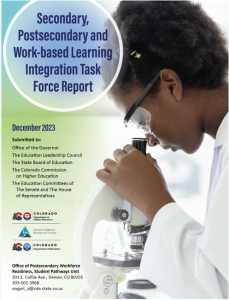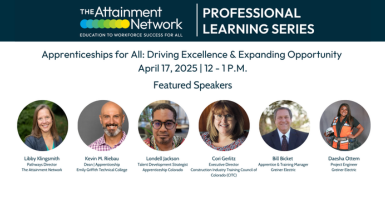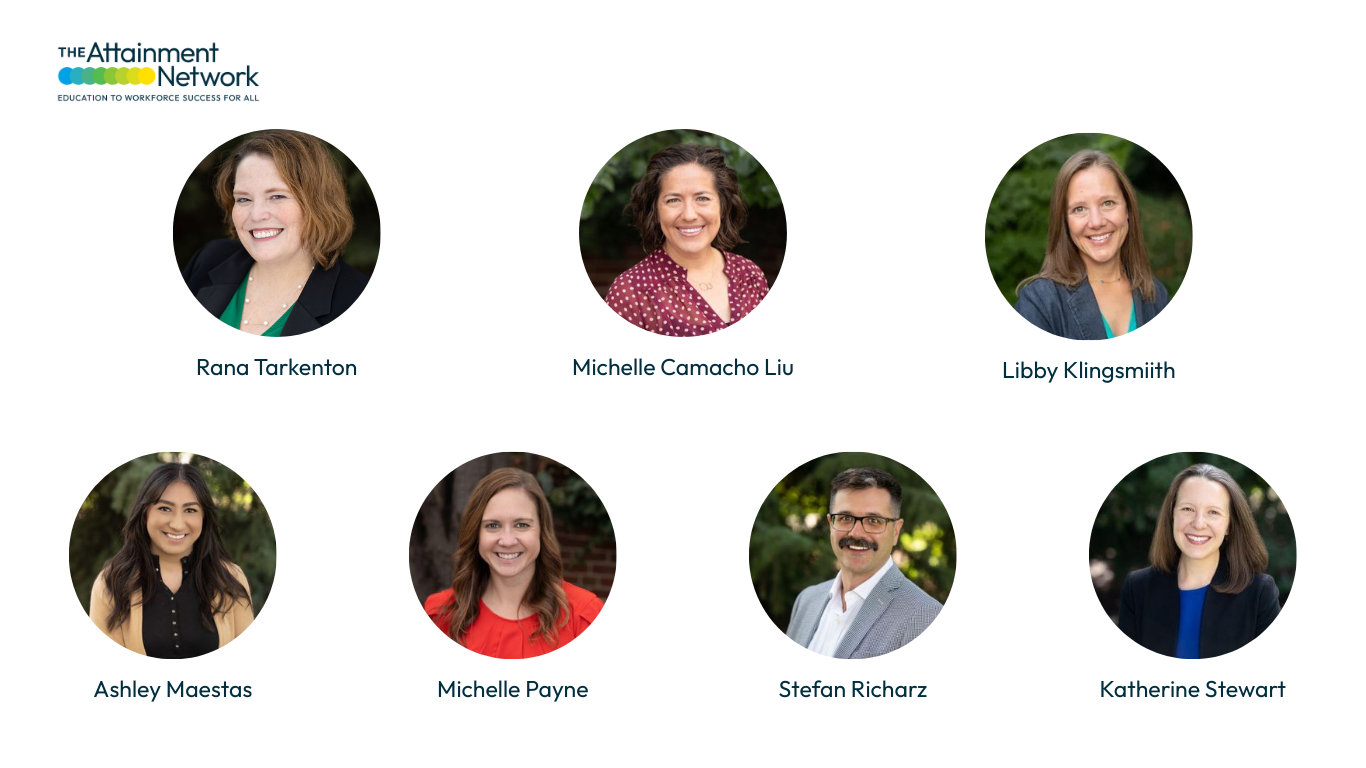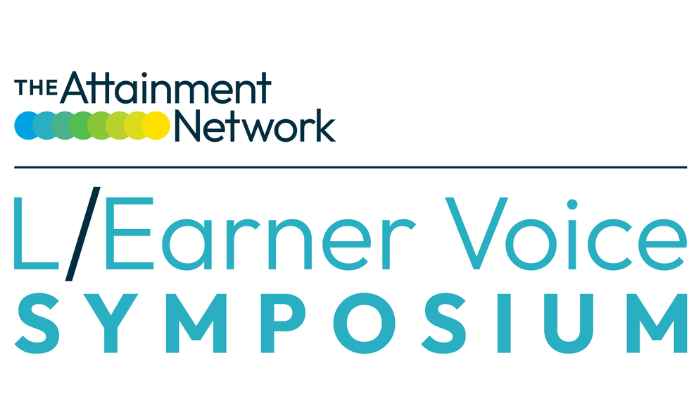Over the last several years, Colorado has been working to blur the lines between high school, college, and careers, to create a new, flexible system that works for everyone. Today the 1215 Secondary, Postsecondary and Work-based Learning Integration Task Force released its final report with recommendations to get closer to realizing this vision. The Attainment Network had the distinct privilege of participating on this taskforce and elevating the critical voices of learners, families, and communities about their experiences accessing and participating in the education-to-workforce system.
The report addresses many of the shared concerns and needs for equitable access to, and successful expansion of, high school programs across all regions of Colorado with a focus on traditionally underserved populations and those who have not accessed relevant programming in their educational experience. Of note is the focus on data systems and accountability metrics to ensure postsecondary workforce readiness (PWR) programing is delivering on its promise, wraparound supports for learners, particularly around exploration and transitions, coordinated communications strategies to increase awareness and access to opportunities, and addressing equitably funding of postsecondary workforce readiness programs, particularly for certifications and work-based learning experiences.
All the recommendations point to a need for even more coordinated efforts between state agencies to make all the changes necessary for a fully blurred education-to-workforce system. This includes the need for streamlined PWR programming, a longitudinal data system that honors privacy laws, tracks outcomes and ensures equity, providing learners & earners clear, easy access to their education, credentials, skills, and employment records, as well as updated accountability and funding that aligns incentives across systems.
The Attainment Network will continue to elevate the experiences of local K-12, postsecondary, and workforce partners across the state as they implement, develop proof points, and provide feedback on these recommendations. The work of our partners in urban, suburban, and rural Colorado is already accelerating the alignment across the education and workforce ecosystem. While the report released today reflects a significant step in realizing this alignment, there is much work to be done to make it a tangible reality. We are eager to work with our state education and workforce agencies, as well as other intermediaries to develop a system that truly works for all learners.




